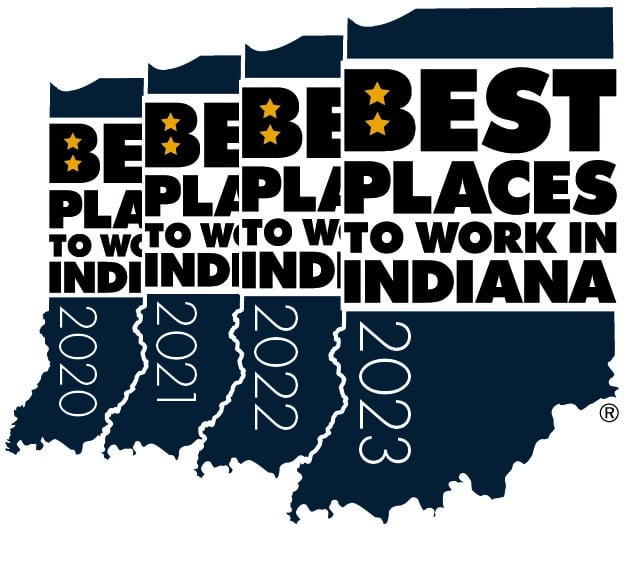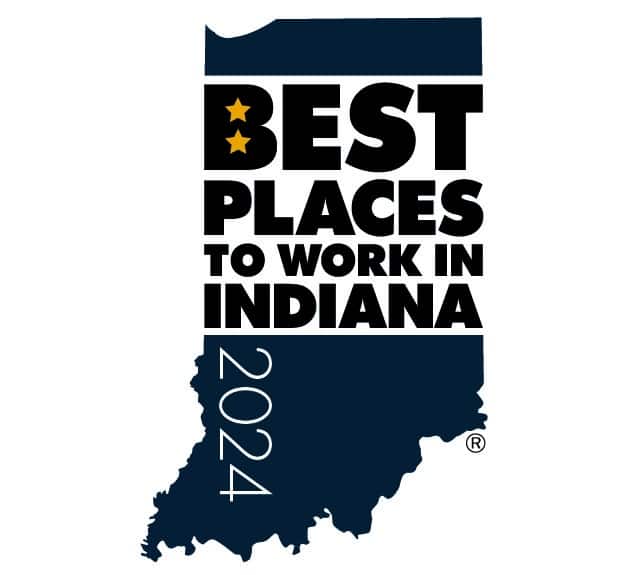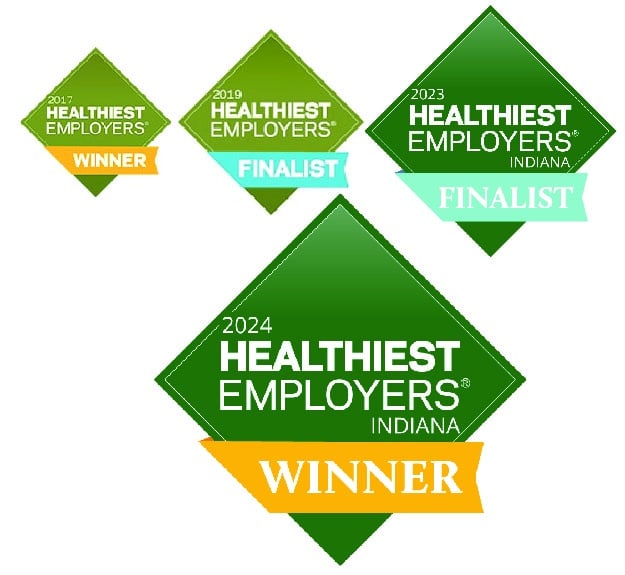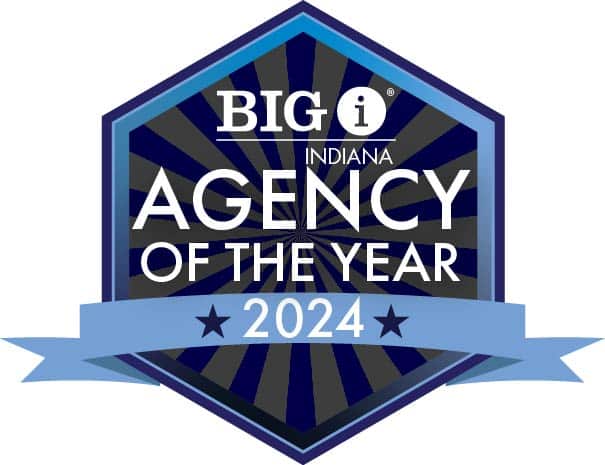Employer Considerations Following Dobbs v. Jackson Ruling
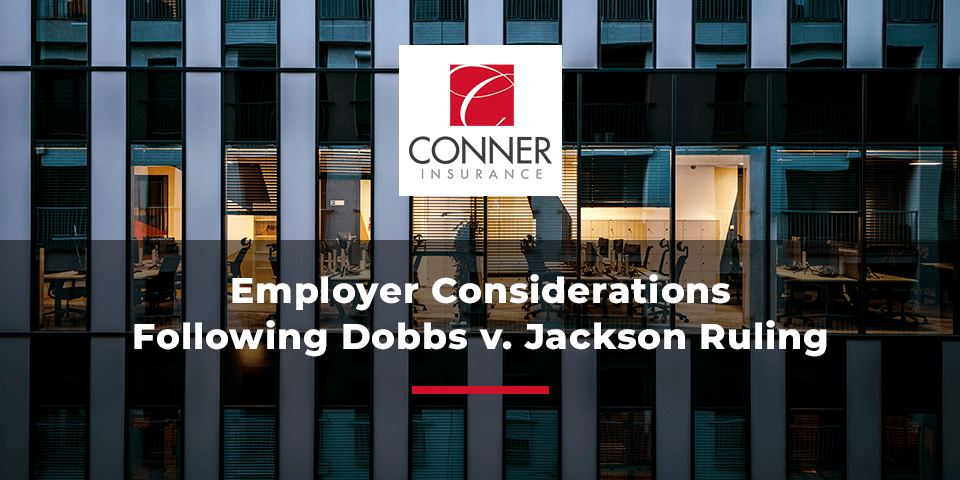
Solutions will vary from organization to organization as each decides how to navigate the extent of the Dobbs decision. We encourage employers to discuss their plans with their advisors to determine how state regulations will affect abortion coverage in the state their organization resides and where their employees work, as each state now has the ability to apply their own regulations about abortion services.
Several key steps to help employers better understand the direction their organization will take when addressing abortion services within their health and benefit programs include:
- Examine current health and benefit programs. Including what the current policy covers and whether the health plan is fully insured or self-funded.
- Identify state laws. Employers with out-of-state employees may have multiple state laws to consider.
- Communicate with employees and gather feedback.
- Discuss strategy and options with an advisor.
- Consider expanding other health and benefit programs to address employees’ needs.
The first step to addressing any changes to benefit programs will depend on whether your current health plan is fully insured or self-funded. Fully insured employers pay a premium to an insurance company for a plan that is regulated by the state in which the company is domiciled. The insurance company in this case is responsible for paying any claims incurred under the policy. If a state bans or restricts abortion, employers who have employees residing in that specific state, as well as their corresponding insurance company, will have to abide by those regulations.
Those employers who are self-funded have more flexibility and therefore more say in the coverage they offer. Most self-funded plans are governed by the Employee Retirement Income Security Act of 1974 (ERISA) which governs private health plans. Employers, with the help of advisors, need to confirm their plan is subject to ERISA and the regulations it must abide by.
State laws must be addressed.
Self-funded employers who decide to offer coverage for abortion services will still need to comply with their state law. In-network providers in multiple states, as well as out-of-network providers (where employees cover additional costs) could be accessed in states allowing abortion services. However, employers will have to consider the ramifications related to abortion services, if any, by the state in which the organization resides.
For example, organizations residing in some states, such as Texas and Oklahoma, could be at risk of possible lawsuits for covering travel and expense reimbursement for abortion services to employees living in these states, who seek abortion outside of state. However, the legal implications are currently unclear.
As a result of ongoing developments and state-by-state regulations, we recommend that all employers speak with their advisors closely about these matters and seek legal counsel where necessary.
Trust the opinions of your workforce.
Employers should also understand how their workforce feels about the Dobbs decision. Knowing whether employees are for, against, or have a neutral stance on the subject can help employers gauge the direction of the organization's health and benefit programs.
Not only can employee feedback be helpful strategically, knowing how employees are feeling will also help employers better understand the mental health needs of the workforce and allow for support to be provided.
Employers can gather this important feedback in the form of anonymous surveys, questionnaires, or open conversations with employees and because employee’s opinions may change as state regulations develop, these methods should be conducted regularly.
The Dobbs decision has given employers a lot to consider.
How organizations will respond to the overruling of Roe v. Wade will be unique to that organization. After reviewing current plan policies, identifying any state regulations and gathering employee feedback, employers will need to decide if their benefits program needs to be extended or modified in any way.
Many options are available to organizations since the Dobbs decision has taken effect, including non-abortion service options such as expanding sick leave or vacation time as well as offering paid time off. These options come with an added benefit of providing privacy to employees, who may otherwise have to provide necessary documentation.
Whether an organization decides to alter or extend their programs, employers are highly encouraged to reach out to advisors, like us, who can help navigate options available and develop strategies to ensure their health and benefit programs support their employees and their budget, while adhering to state regulations.
At Conner, we understand risk and benefits. We know new laws and regulations can be challenging for organizations to navigate. Dobbs v. Jackson Women’s Health Organization has given employers a lot to consider. If you have questions about the Dobbs decision or would like to discuss an approach for your health and benefits program don’t hesitate to reach out to an advisor. We’re ready to listen.

